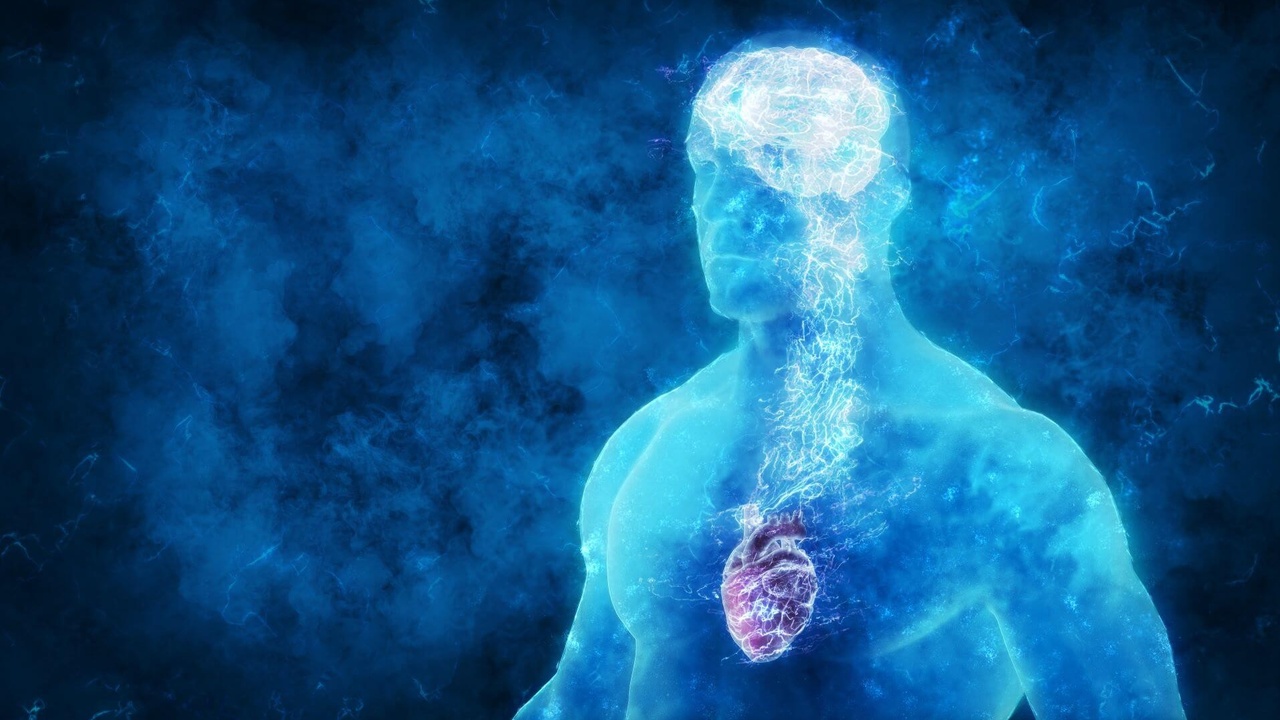
PSYCHOPHYSIOLOGY AND BIOFEEDBACK; HOW DOES IT WORK TO IMPROVE ATHLETIC PERFORMANCE?
Jul 15, 2022Psychophysiology is the science that looks at the interactions between the bodily and mental processes in conjunction with the environment. For example, if you are undertrained, and you need to compete today under challenging conditions (long match and against a strong opponent), of course, you are going to feel anxious and underconfident because your body is not trained for that demand, and there is no positive thinking that will help you to produce the physical strength for that moment. On the other hand, if you have all those well-trained skills, you are fit and prepared, and you worry too much about the game's outcome to the point of draining all your mental energy, your performance will suffer.
When the athlete faces stressors (e.g., strong opponents, physical harm, or intense practices), there is an association with past experiences. Then, an emotional response (good or bad) is generated. Next, the athlete checks his ability to cope with the stressor (perception of the demand). Now, the athlete experiences the stress response (arousal, muscle tension, attentional changes, and state anxiety). The stress response (activation) does enhance performance, and in the sports arena, it is interpreted as getting ready for the competition; however, if it causes too much activation, performance will decrease.
Professionals trained in Optimal Performance Psychophysiology and Sport apply the tools of stress management, muscle kinesiology, and biofeedback tools to reverse performance-related disorders and enhance athletic performance. The ultimate goal is to help athletes reach their highest level of performance and functioning. However, Biofeedback alone does not improve performance. Biofeedback is a skill used with different mental skills to help athletes perform at their best.
Even though many professionals advertise themselves as able to train the athlete’s brain waves or teach specific respiration techniques to improve performance, only sophisticated biofeedback technology, protocols developed for applications in sport, and the professionals trained in sport psychophysiology can apply the procedures designed to enhance athletic performance.
In summary, worrying about the game's outcome is part of human nature, but it can lead to too much activation, which can be detrimental to performance. On the other hand, biofeedback training can help athletes manage their activation levels and perform to the best of their abilities. And as athletes develop the skills to break free from things that cause fear and worry, they feel fulfilled and increase personal mastery.
References
Richard Sherman (2019). Saybrook Canvas Video Lectures. APH 5051/5052
If you want to learn more and thrive under pressure, schedule your FREE consultation
